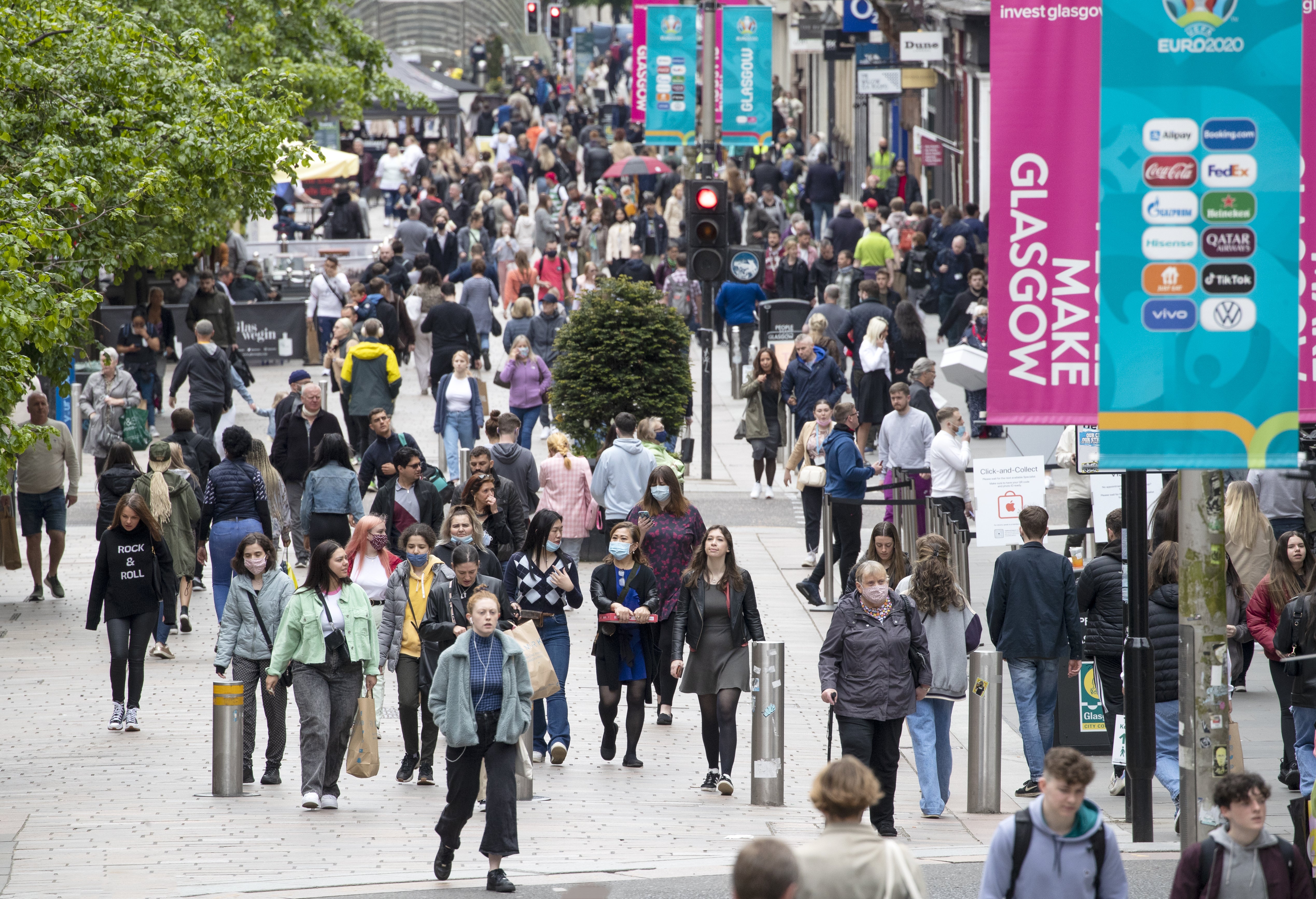Young adults ‘face greatest uphill battle’ in cost of living crisis – report
The issue required attention ‘as a matter of urgency’, one building society boss said.

Your support helps us to tell the story
From reproductive rights to climate change to Big Tech, The Independent is on the ground when the story is developing. Whether it's investigating the financials of Elon Musk's pro-Trump PAC or producing our latest documentary, 'The A Word', which shines a light on the American women fighting for reproductive rights, we know how important it is to parse out the facts from the messaging.
At such a critical moment in US history, we need reporters on the ground. Your donation allows us to keep sending journalists to speak to both sides of the story.
The Independent is trusted by Americans across the entire political spectrum. And unlike many other quality news outlets, we choose not to lock Americans out of our reporting and analysis with paywalls. We believe quality journalism should be available to everyone, paid for by those who can afford it.
Your support makes all the difference.Nearly half (47%) of 18 to 30-year-olds have low financial resilience, research suggests.
People with low financial resilience may be burdened under the weight of their debts or have little capacity to pay bills in the event of a financial shock.
The findings among the younger generations compare with 38% of 31 to 50-year-olds and 17% of those aged 51-plus deemed as having low financial resilience.
Our new research shows just how much young people are trying to look after their finances and save for the future - more so than any other age group
The research was released by cross-party think tank Demos which claimed young people were facing “the greatest uphill battle” amid a cost of living crisis.
Those aged 18 to 30 were more likely to be savers than any other age group, with a minority of 16% not saving at all.
But younger people also tended to have higher outgoings when spending on essentials, the report, supported by Yorkshire Building Society, found.
It said the younger generation was spending more than twice as much on average as those aged 51-plus on essentials, such as rent or mortgage payments and other bills.
Young people were significantly more likely to have fallen behind on domestic bills and credit card repayments in the past six months, at 31%, compared with 3% of those aged 51-plus.
It's time for the Government, policymakers and financial institutions to urgently work together to help boost young people’s financial well-being and prospects after the pandemic
Demos is pressing for a commission to secure the financial well-being of future generations, chaired by a dedicated minister.
Ben Glover, deputy research director at Demos and lead author of the “bouncing back” research, said: “Despite the criticism that young people often face, regularly accused of spending too much money on coffees and avocados and not being financially prudent, our new research shows just how much young people are trying to look after their finances and save for the future – more so than any other age group.
“But amid a cost of living crisis, they still face the greatest uphill battle, with the highest spending on essentials, a lack of support and a system that doesn’t work for them.
“It’s time for the Government policymakers and financial institutions to urgently work together to help boost young people’s financial well-being and prospects after the pandemic.”
The report also recommended the extension of existing savings schemes or to look at a new tax-incentivised savings scheme specifically to help under-30s with their emergency savings.
It said education providers should work in partnership with employers to help them to offer more financial education and support to employees, with a particular focus on young employees.
Even before the pandemic, many young adults were facing a difficult financial situation and the impact of Covid-19 on the economy has only exacerbated this
Mike Regnier, chief executive of Yorkshire Building Society, said: “The research really demonstrates the challenges that the increased cost of living is posing for 18 to 30-year-olds.
“Even before the pandemic, many young adults were facing a difficult financial situation and the impact of Covid-19 on the economy has only exacerbated this.
“This is an issue that requires attention as a matter of urgency to ensure the serious challenges young people are experiencing around the cost of living crisis, being over indebted, amassing sufficient savings and receiving a comprehensive financial education are addressed in a meaningful, timely manner.”
Demos carried out two surveys in June 2021, one involving 1,000 18 to 30-year-olds, and a further nationally representative survey of 1,000 adults across the UK.
It then presented the findings to experts from the worlds of policy, business and youth civil society, in a bid to help develop potential policy solutions to boost the financial resilience of young people.